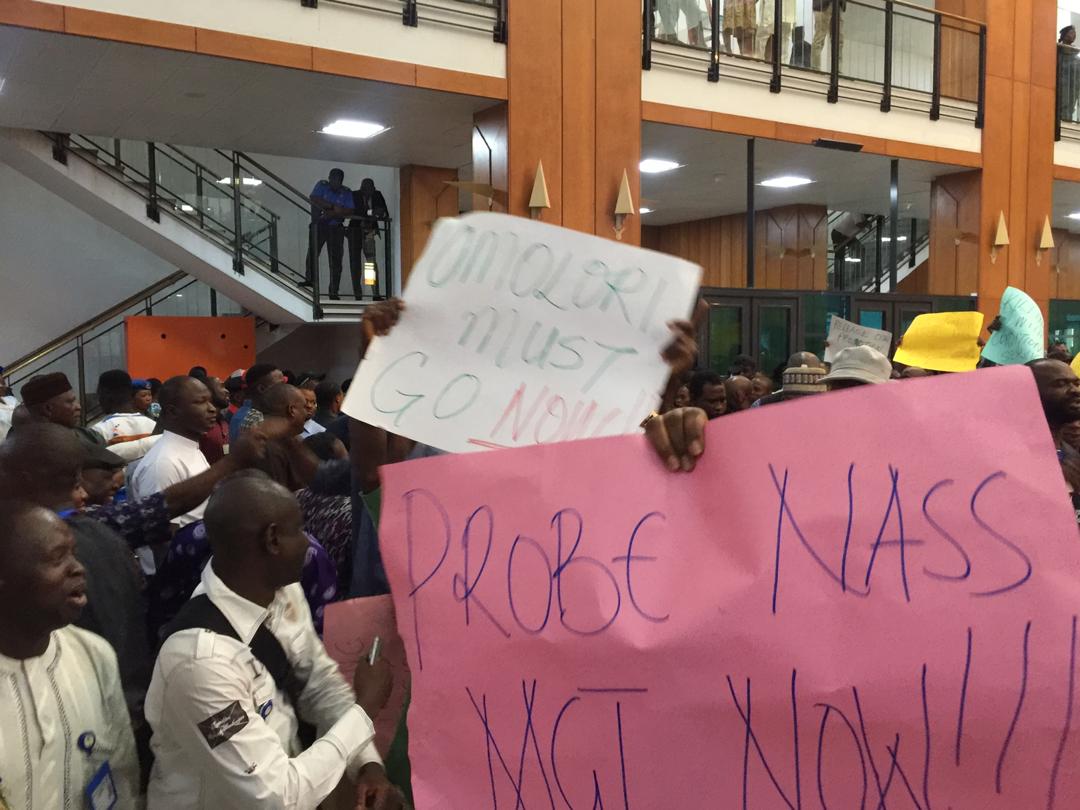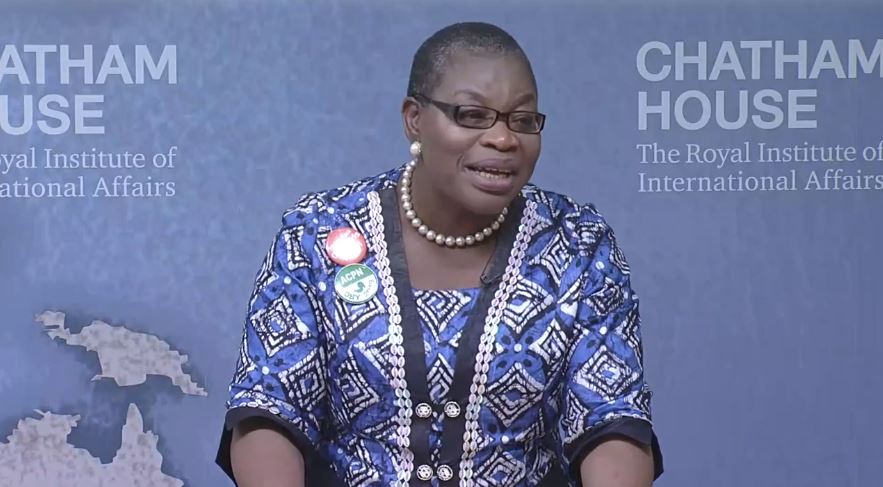Data made available by the Central Bank of Nigeria shows that both oil and non-oil revenue performed below the 2018 monthly budget estimate in October.
According to the 2018 economic report for October released by the apex bank, the non-oil revenue recorded for the month was N259.93 billion as against the estimated N466.91 billion and the N354.38 billion received in September.
Oil revenue recorded in October was N422.13 billion as against the estimated N640.21 billion and the N477.06 billion recorded in September.
The shortfall in oil revenue relative to the monthly budget estimate was attributed to the drop in the average price of crude oil and declining production arising from the shutdown pipelines.
Advertisement
“The estimated federally-collected revenue (gross), at N682.06 billion, in October 2018 was below the 2018 monthly budget estimate of N1,107.12 billion and the N831.45 billion collected in the preceding month by 38.4 per cent and 18.0 per cent, respectively,” the report read.
“The shortfall relative to the monthly budget estimate was attributed to lower revenue from both oil and non-oil sources
“Oil receipts, at N422.13 billion or 61.9 per cent of total revenue, was below the monthly budget estimate of N640.21 billion by 34.1 per cent. It was also a decline of 11.5 per cent below the preceding month’s receipt of N477.06.
Advertisement
“The shortfall in oil revenue relative to the monthly budget estimate was attributed to the drop in the average price of crude oil and declining production arising from the shutdown of some pipelines.”
The drop in non-oil revenue was attributed to a shortfall in corporate taxes, customs and excise duty, value-added tax, independent revenue of the federal government and others.
Commenting on Nigeria’s economy, Lukman Otunuga, an FXTM analyst, said “Nigerian economy was exposed to an array of risk factors during H2 ranging from severely depressed oil prices, falling external reserves, geopolitical tensions, and prospects of higher US interest rates.
“With economic growth staging a fragile rebound and heavy hitters such as the IMF even downgrading growth forecasts from 2.1% to 1.9%, some may feel Nigeria’s growth prospects remain quite discouraging. The recent decline in oil prices negatively impacting government revenues and possible complications to properly enact the 2019 budget, all signs point to tough times ahead.
Advertisement
“As we head into the final trading month of 2018, the outlook for the Nigerian economy is poised to remain heavily influenced by Oil prices, the Dollar, global trade developments and pre-election jitters.
“With the Fed expected to raise interest rates in December, Nigeria is at risk of experiencing capital outflows. Oil prices remain gripped by concerns over excessive supply in the markets and fears of falling demand – themes that may translate to falling government revenues and vulnerable Naira exchange.”
Add a comment







